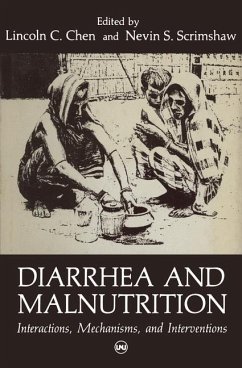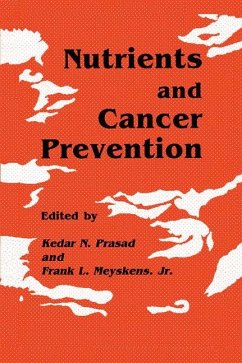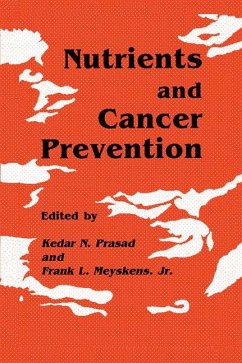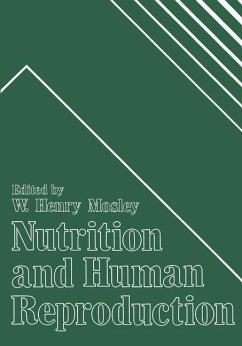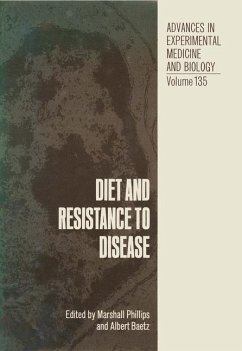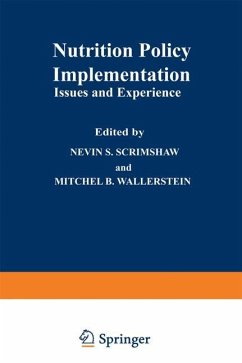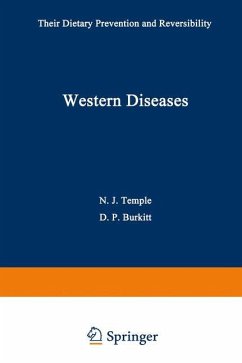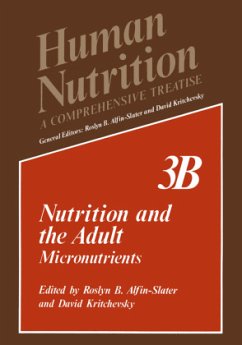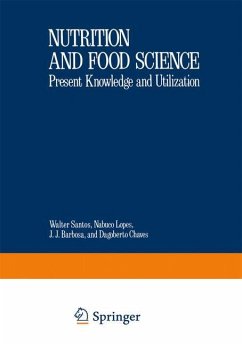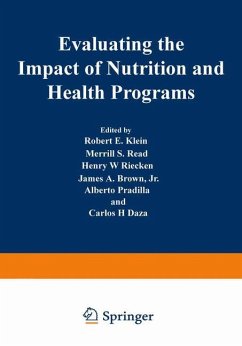
Evaluating the Impact of Nutrition and Health Programs

PAYBACK Punkte
20 °P sammeln!
As is noted in the opening chapter of this volume, nutrition and public health programs have been important throughout Latin America and the Caribbean for many years. This is due to the spe cial concerns of those responsible for setting national policies, the program experience and leadership in public health developed by the national governments, and the stimulus and cooperation of the Pan American Health Organization (PARO), including its twelve associated centers which focus on research, training and program development. The need for a coordinated hemisphere-wide attack on malnu trition and...
As is noted in the opening chapter of this volume, nutrition and public health programs have been important throughout Latin America and the Caribbean for many years. This is due to the spe cial concerns of those responsible for setting national policies, the program experience and leadership in public health developed by the national governments, and the stimulus and cooperation of the Pan American Health Organization (PARO), including its twelve associated centers which focus on research, training and program development. The need for a coordinated hemisphere-wide attack on malnu trition and other health problems was expressed clearly in the "Ten Year Health Plan for the Americas" (1). This plan established specific targets for reducing the prevalence of the major nutri tional diseases and other health problems for the decade 1971-1980. It was noted at that time that very few countries had formulated adequate comprehensive national food and nutrition policies and plans, nor hadthey developed strategies for combating the nutri tional deficiencies known to affect large numbers of people through out the Region. Following a review of the available data on a country by country basis in 1975, the PARO Directing Council en dorsed recommendations for formulating the necessary national poli cies and strategies for the intersectorial execution of food, nutri tion and health programs (2). This report also summarized the available national data related to nutritional status, existing programs such as food fortification, and the human resources avail able for services as well as for research and education.





